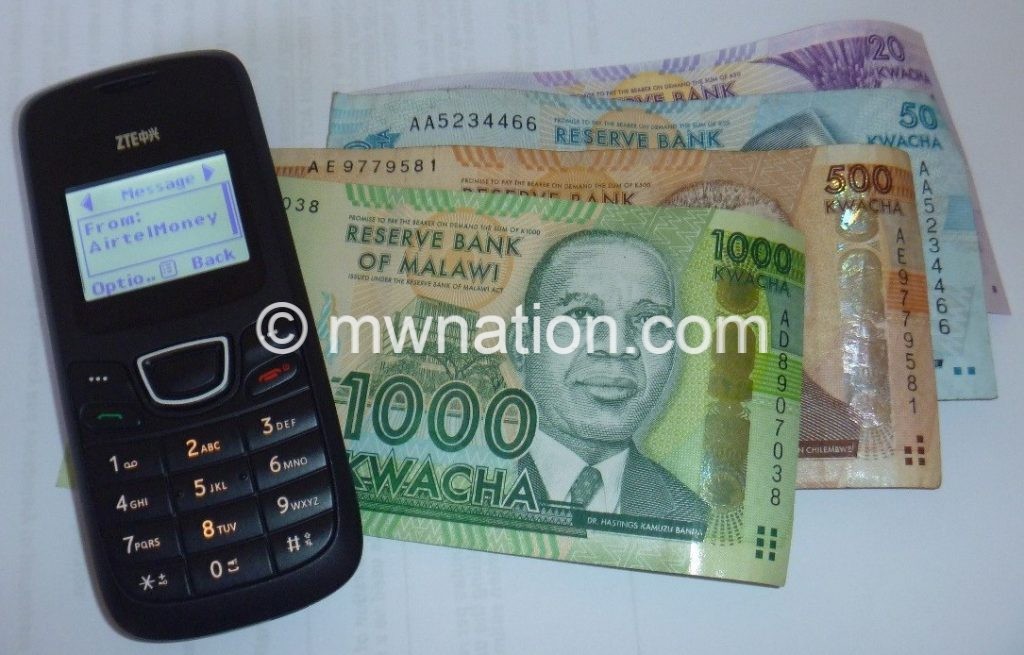No vultures over Covid-19 cash transfers
This week President Peter Mutharika announced the establishment of the Emergency Cash Transfer Programme which will see 172 000 households from peri-urban areas receiving K35 000 per month for six months. The K38 billion fund will target small-scale businesses in and around major markets in Blantyre, Lilongwe, Zomba, Mzuzu and other places. According to Mutharika, the programme will support Malawians that depend on markets for survival.
This is a welcome development. It is the kind of economic cushion the Special Cabinet Committee on Covid-19, the precursor to the inclusive Presidential Task Force on Coronavirus should have established long before announcing a lockdown which was scheduled to take effect from April 18 2020. But as fate would have it the High Court on April 17 granted an injunction to the Human Rights Defenders Coalition (HRDC) and two other groups stopping rolling out the lockdown. In fact, the lockdown was headed for failure anyway because even before the injunction, thousands of Malawians across the country went on the streets to protest implementation of the measures. They argued a majority of them live hand to mouth and stopping them from operating their businesses meant killing them and their families with hunger. There was spontaneous outpouring of fury from Karonga, Mzuzu, Kasungu, Lilongwe, Mangochi, Mulanje, Blantyre and other districts. Not considering the plight of the poorest of the poor in the country was a serious omission on the part of the Cabinet Committee on Coronavirus.

Thank God the President has listened to the voice of the people and reconstituted the task force to drive and oversee the Covid-19 response. But there is one more hurdle to surmount with the establishment of the Emmergency Cash Transfer Porgramme. This is implementation. Several questions come to my mind. How was the figure of 172 000 beneficiary households reached and who decided that there should only be these households? To me, this figure is too small. If there is always an outcry against the Farm Input Subsidy Programme (Fisp) whose beneficiaries usually range from 900 000 to 1.5 million, how much worse will the 172 000 be?
But more importantly, how will the beneficiaries be identified or who will be in this group of 172 000 households? Choosing only 172 000 out of over a million-plus deserving households is not an easy task. We are all witnesses to the myriad problems of using local chiefs, party officials and other community leaders on similar programmes such as the Fisp. Despite its good intention the Fisp is very unpopular because it has been highly politicised. Year in year out, Government is swamped and inundated with accusations that the ruling party is monopolising Fisp resources by favouring its members. What more during the campaign period for a highly competitive election for fresh presidential elections? How will government ensure that only deserving households regardless of their members’ political affiliation benefit from a programme that is targeting a much smaller number of people?
President Mutharika said the areas where beneficiaries will be chosen from are hotspots for markets which are expected to be gravely affected by the lockdown measures. There is no disputing the fact that if lockdown is implemented as earlier announced, and some markets are closed, those who operate their businesses in these areas will be affected. But truth is that the whole supply chain will be affected. What about those who supply their produce and merchandise to the markets that will be closed? Where will they take them to? And if they can’t sell their commodities, will they be able to buy from the rural farmer? If the beneficiaries will be vendors, minibus touts, vegetable and tomato sellers, why not small scale hardware sellers, plumbers, carpenters, bricklayers, painters, quarry breakers, sand miners, and a chain of doba dobas who depend for their survival on hardware sellers and construction projects which will also be closed during lockdown?
In his national address on Tuesday when he announced the Emergency Cash Transfer Programme, President Mutharika condemned politicisation of the Covid-19 response and urged Malawians to embrace precautionary measures. It is good that this came from the President. Now it behooves him to take the lead by, for once, breaking from tradition and rise above partisan politics to ensure no politician or political party takes advantage of the Covid-19 response and the K38 billion Emergency Cash Transfer Programme to score political mileage. n



